Prices of essential commodities: Fresh hike adds to plight of low-income people
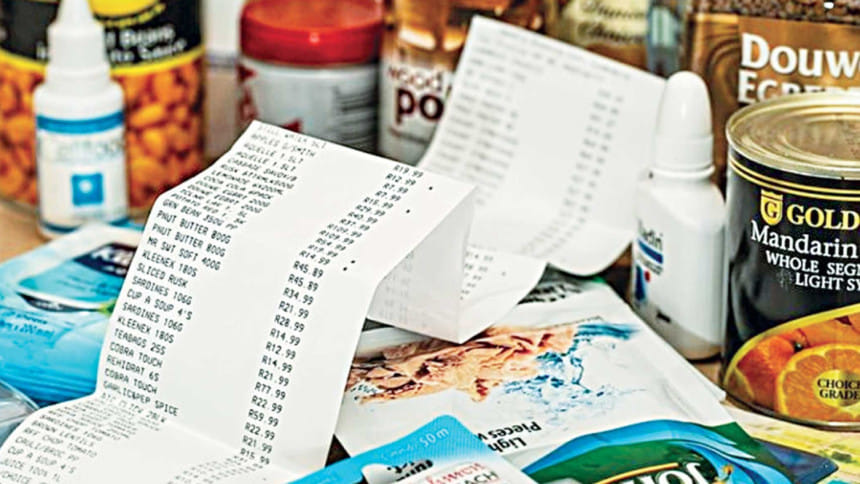
"We thought price of essentials would go down after Ramadan and Eid. Now traders are saying it will continue to rise. If everything becomes costlier, what will we eat?"
Amid the struggle to cope with the record hike in edible oil prices, a fresh surge in prices of other daily essentials has dealt a further blow to those with low incomes.
Lentils have seen their prices go up by Tk 20 per kg over the last week, while eggs have also become more expensive.
The price of commodities like powder milk, flour and spices also saw a rise over the same period.
Retailers and wholesalers fear that the price of these import-dependent items will increase further due to the supply disruption caused by the Russia-Ukraine war.
The price of lentils (big grain), a good source of protein for the poor, shot up to Tk 100 from Tk 80-85 a week ago. The price of lentils (small grain) rose to Tk 130 per kg from Tk 120 at different kitchen markets in the capital.
Anwar Hossain, a staffer of Prantika Traders in the capital's Karwan Bazar, said, "About two months ago, we sold lentils [big grain] at Tk 65 per kg. Now we have to buy it from wholesalers for Tk 95."
He said the price of powdered milk shot up by Tk 70 to Tk 710 per kg. "We're told that the price will go up further as the import of the product has been disrupted," he said.
Contacted, Shafi Mahmud, president of Bangladesh Dal Baboshayi Samity, said a shortage in supply of lentils has pushed up prices.
"Due to the war, import of lentils has been disrupted. We're not getting enough goods," he said, adding that lentil is imported from Australia and chickpeas from Russia.
The price of eggs, another good source of protein, also went up by Tk 1 per piece with a dozen eggs now sold for Tk 120 at different kitchen markets of the capital.
Moreover, the prices of chicken, beef and mutton show no signs of dropping after the hikes during the Ramadan.
Monirul Islam, a consumer buying rice from a shop at Kawran Bazar yesterday, said, "We thought price of essentials would go down after the Eid. Now traders are saying it will continue to rise.
"If everything becomes costlier, what will we eat?
"Only God knows what awaits people like us. We don't see any respite," he said out of frustration.
According to the Bangladesh Bureau of Statistics, the overall food inflation rate rose to 6.34 percent in March from 5.60 percent in January.
The food inflation rate in rural areas was 6.71 percent and 5.49 percent in urban areas in March.
Humayun Ahmed, who works at a private firm in the capital, buys commodities every month from the same shop in Jatrabari.
"My monthly budget was Tk 1,500. With that I could buy oil, flour, spices, tissues, noodles, tea leaves, sugar and powdered milk. Now, most of the money is spent on oil and milk.
"I've curtailed consumption, yet I have to spend Tk 200 extra," he said.
CNG auto-rickshaw driver Ahmed Ali, who took a loan to maintain his family's expenditure during the Covid period, is now struggling to pay off the debt and make ends meet.
"I used to be able have breakfast for Tk 25, which has now almost doubled," he said, adding that the cost of meals at the mess he lives in has also gone up considerably.
The price of flour also shot up to Tk 48 per kg from Tk 40 in January this year. The increase in price of eggs, flour and edible oil has had an impact on the price of baked items in restaurants.
Sheikh Wazed Ali, owner of Lakkhya Flour Mill, said Ukraine and Russia are the biggest exporters of wheat in the world. Now, businessmen have to import wheat from other countries at higher costs.
"Import cost of per maund [37kg approximately] wheat from Canada has shot up to Tk 2,000 from Tk 950. On the other hand, the price of Indian wheat is Tk 1,450 per maund. It was Tk 800 earlier. As a result, the price of flour has shot up," he said.

 For all latest news, follow The Daily Star's Google News channel.
For all latest news, follow The Daily Star's Google News channel. 

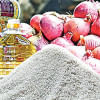
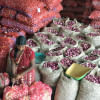
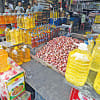
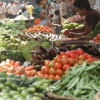


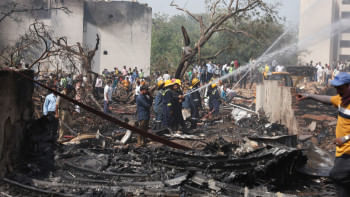
Comments